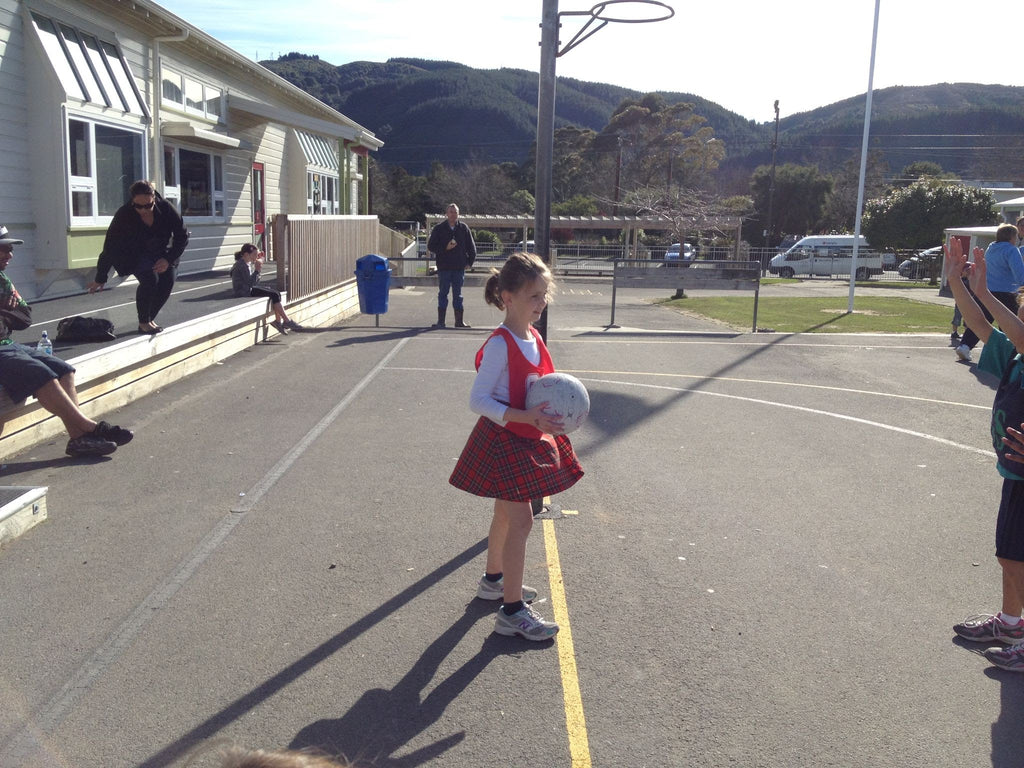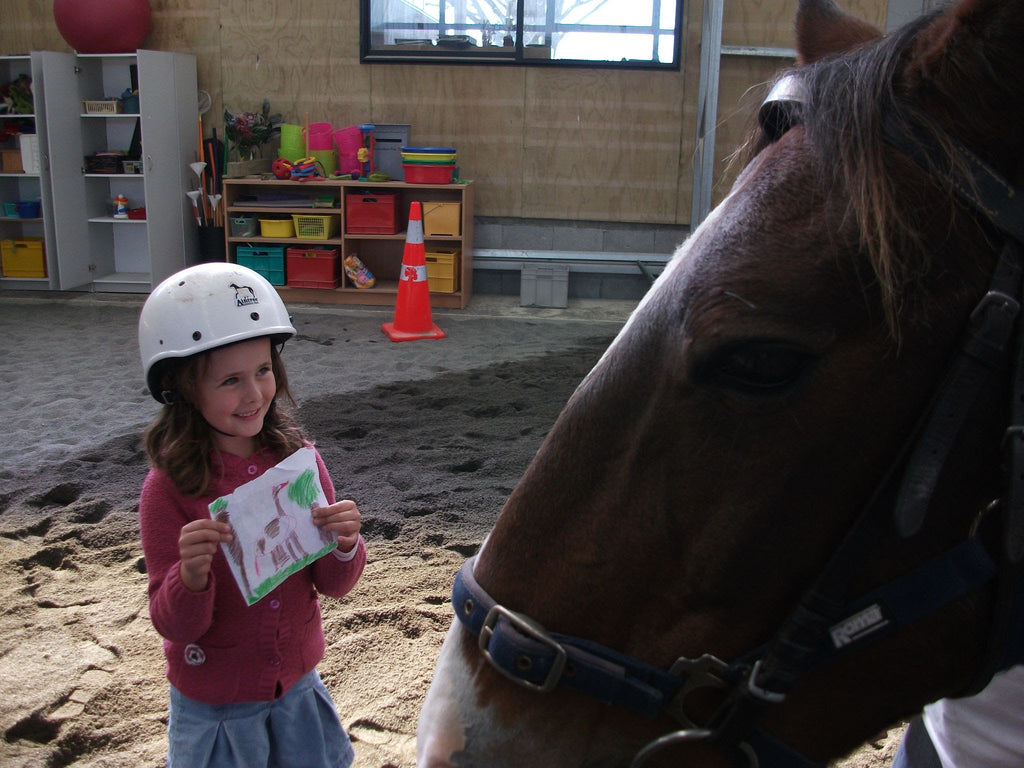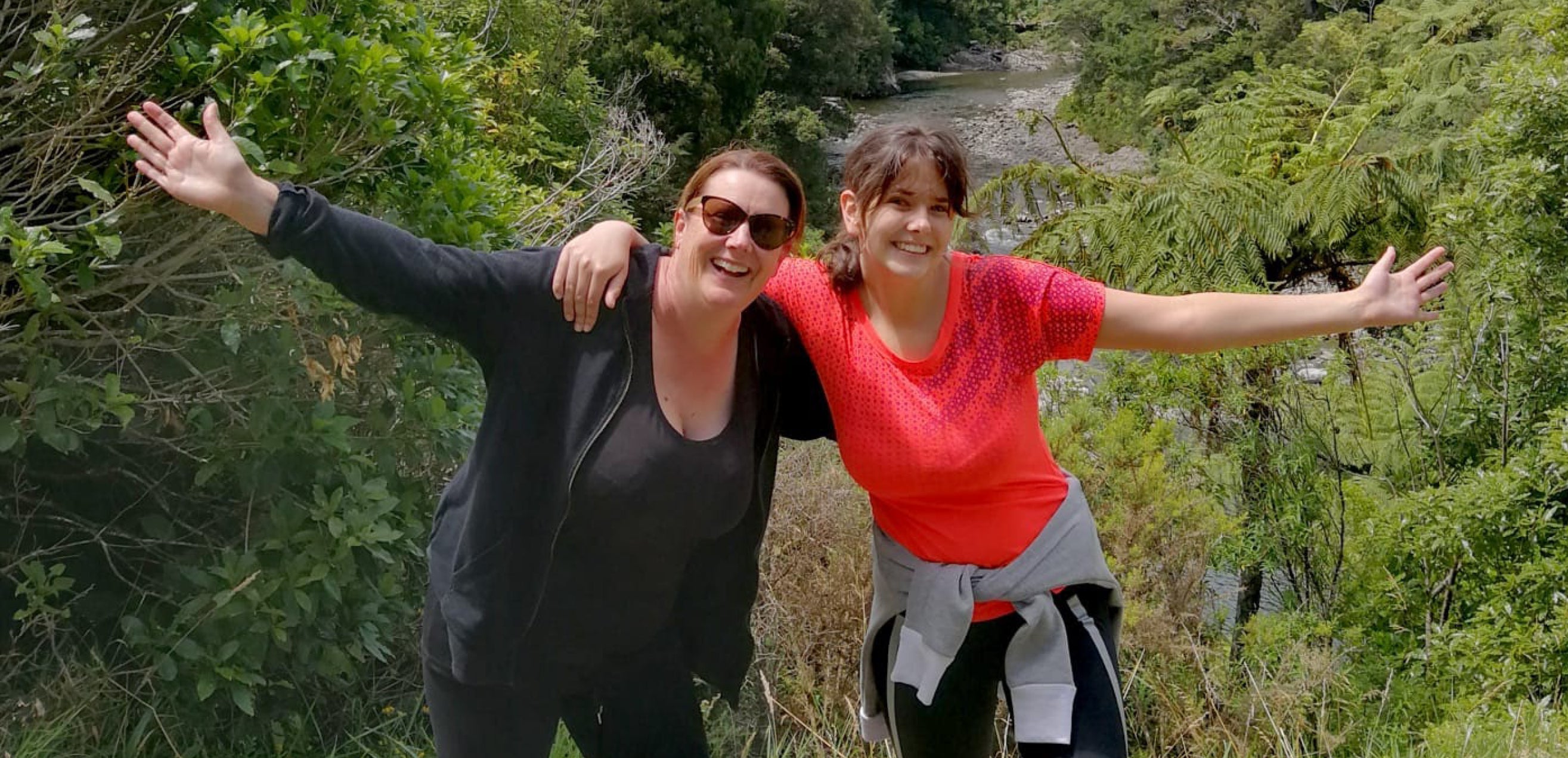Awesome Humans 08 Apr
Neurodiversity Celebration Week: Being Proud
By Hope Cotton
"Neurodiversity Celebration Week is a worldwide initiative that challenges stereotypes and misconceptions about neurological differences. It aims to transform how neurodivergent individuals are perceived and supported by providing schools, universities, and organisations with the opportunity to recognise the many talents and advantages of being neurodivergent, while creating more inclusive and equitable cultures that celebrate differences and empower every individual." [1]
What does pride mean to you? To me, pride means many things. As a Deaf Queer Woman of Faith, pride is what gives me the strength to carry on in the face of adversity. My pride in my identity gives me the strength to stay true to myself. But, when it comes to being neurodivergent, my pride comes from the adversity I face.
I am proud of my dyspraxia, not because it is who I am, but because of how it shaped who I am becoming. My earliest memory of dyspraxia is trying very hard to hit balloons over a mattress. How does this relate to dyspraxia? Upon receiving my diagnosis, my dad started an after-school boot camp with a colour-coded timetable of special games. Whether it was trying to use a skipping rope or keeping balloons off the floor, my dad found a way to make practising my hand-eye coordination and fine motor skills fun. Whatever sport my class was doing at school, Dad and I would practice over and over again. During lunch, my best friend Holly would run lessons, trying to get me to throw and catch a ball. I was still hopeless at P.E. but, eventually, I was able to throw and catch, dribble a basketball, and use a skipping rope without it slapping me in the face.


I may not be an endurance athlete, and I’m not sure I’d want to be either, but I have the heart of one. My dyspraxia gave me a strength that was not physical. Instead of benching weights, I was tying shoelaces. Instead of running marathons, I was using cutlery. Instead of swimming across oceans, I was writing sentences. Every skill my peers learned by practising two hundred times, I had to practice two thousand times. I couldn’t tie up my hair until I was twelve. But when I finally could, I was proud. It wasn’t the simple action I was proud of but all the effort and failed attempts that came before it. By learning those basic skills, I also learned the importance of hard work and appreciating even the smallest successes.
As I look towards the journey ahead, I am not afraid. I know just what I can do. I know what I have done, and I know I will continue to overcome. Dyspraxia taught me hard work, perseverance, and most importantly, how to believe in myself. That is why I am proud to be neurodiverse.
All image credits: (Hope Cotton, 2022)
[1] https://www.neurodiversityweek.com/



0 comments